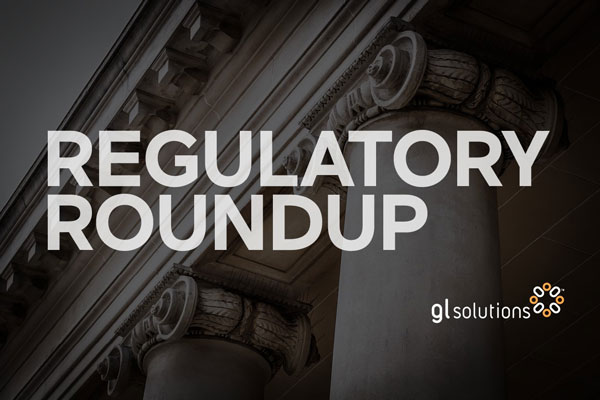Successful Recruitment Strategies for State Regulatory Agencies
A survey of human resources professionals at state and local agencies revealed a host of successful recruitment strategies. State and Local Workforce: 2023 Survey Findings gathered insights from 249 state and local government human resources managers. Respondents ranked social media as the top recruitment tool, followed by advertising on government websites. Other strategies included college outreach/partnerships and internships/apprenticeships. MissionSquare Research Institute partnered with the National Association of State Personnel Executives and Public Sector HR Association to conduct the annual workforce survey. The NASCIO Voices podcast interviewed Cara Woodson Welch, CEO for the Public Sector HR Association about the survey.
Mont. TEACH Act Helps to Fill Vacant Teacher Positions
Gov. Greg Gianforte visited Lockwood High in Billings to highlight the impact of the TEACH Act, or Tomorrow’s Educators Are Coming Home Act, legislation passed by the state in 2021—and then worked on by the Legislature in April. According to a press release from the Governor, TEACH offers incentives to school districts to raise starting teacher pay. “In its first year, the TEACH Act helped nearly 500 teachers begin their careers in Montana. This spring, the governor increased funding for the program by 40 percent.” White at Lockwood, the governor talked about the launch of an undergraduate teacher residency program to recruit teachers. According to the press release, the program provides undergraduates with a $6,000 teacher-leader stipend, $4,000 resident tuition, and $3,000 housing supplemental grant expected to support 70 undergraduate teachers annually.
Kansas’ Generative AI Policy to Evolve Over Time
Kansas’ new generative artificial intelligence policy took effect in July and outlines how to use the technology, while prioritizing citizens’ data and privacy. Jeff Maxon, Kansas’ interim chief information technology officer and chief information security officer, chose to establish a policy first, rather than waiting for a task force to study this. According to StateScoop, Maxon explained, “We had to get something in the short term because it’s just moving so fast. It’s out, we can’t ignore it and so we just have to start looking at embracing the technologies that come out in a safe and secure way where we’re respecting our citizens’ privacy and protecting their data.” Maxon told StateScoop he plans to treat the policy like a living document, rather than reviewing the policy just occasionally.
More Regulatory Headlines
NASCIO Names Finalists of 2023 State IT Recognition Awards
N.Y. State Significantly Expands Cannabis Market with Final Approval of Adult-Use Regulation
Time to Modernize
GL Solutions helps your regulatory agency run, grow and adapt through modern software and automation that helps solve your agency’s greatest challenges. To learn more, contact us.
To receive the latest regulatory news delivered to your inbox each week, subscribe to our newsletter.


